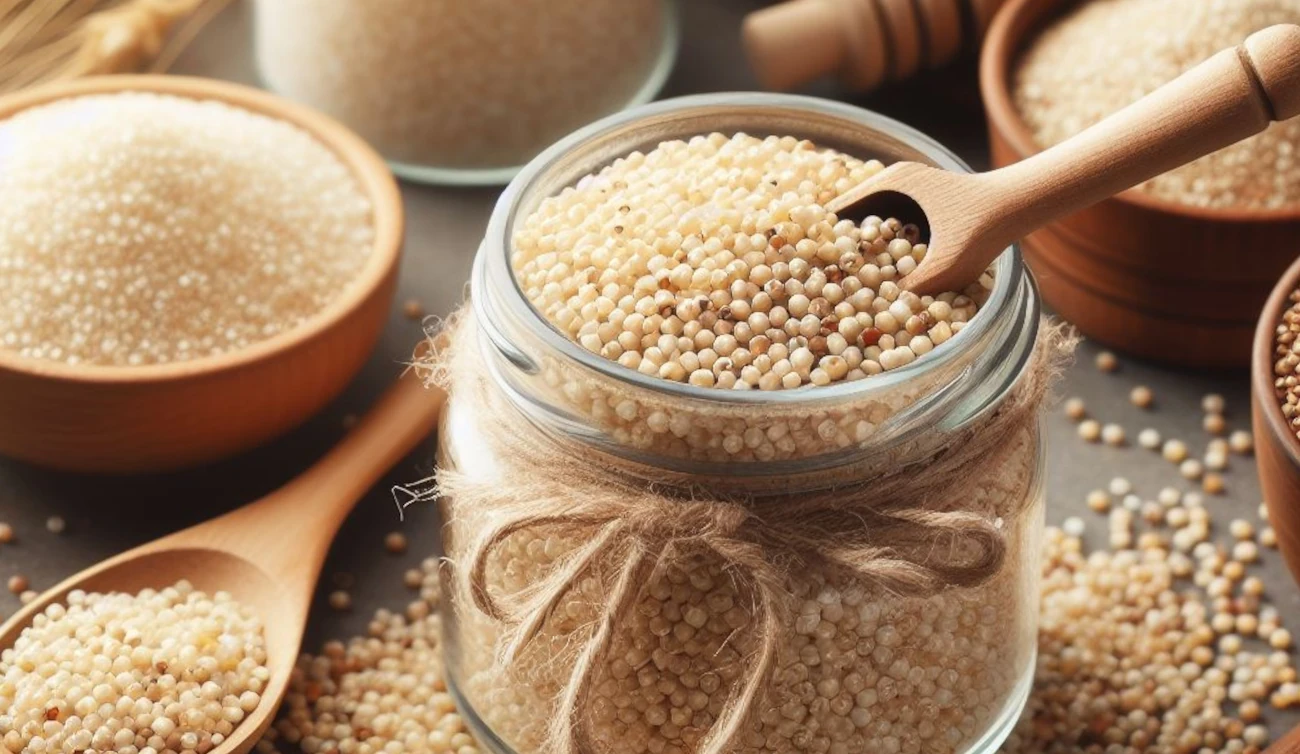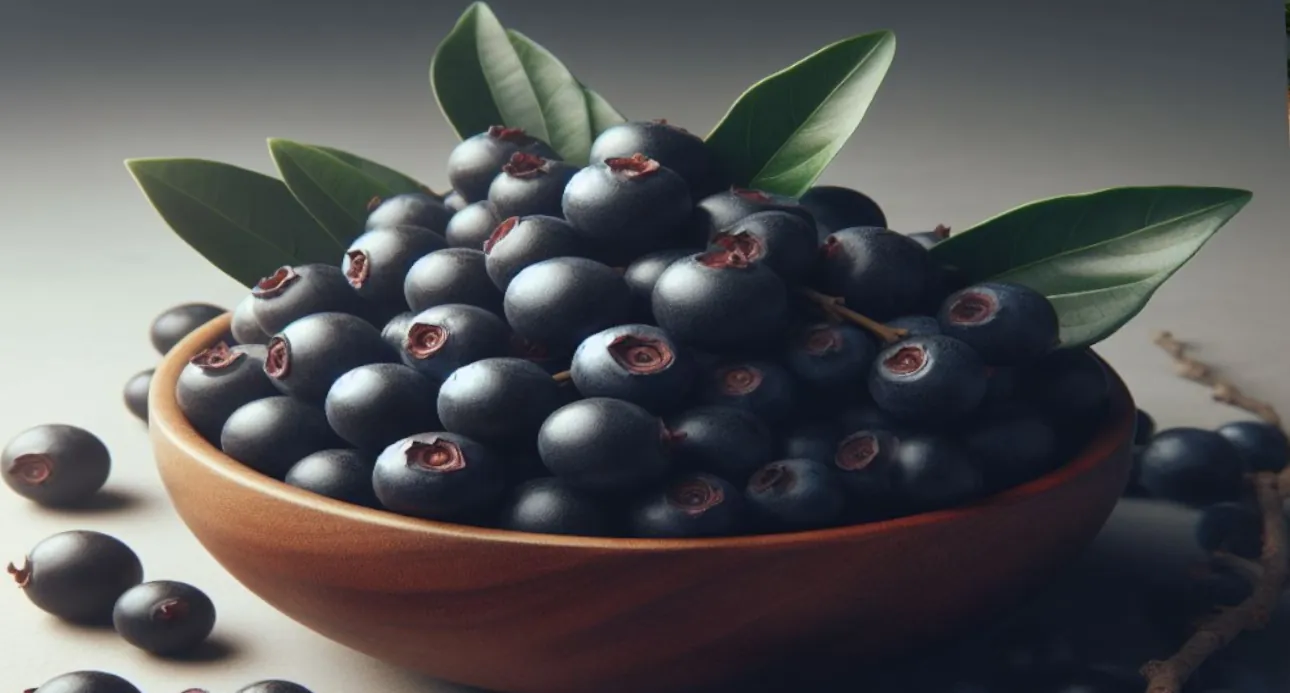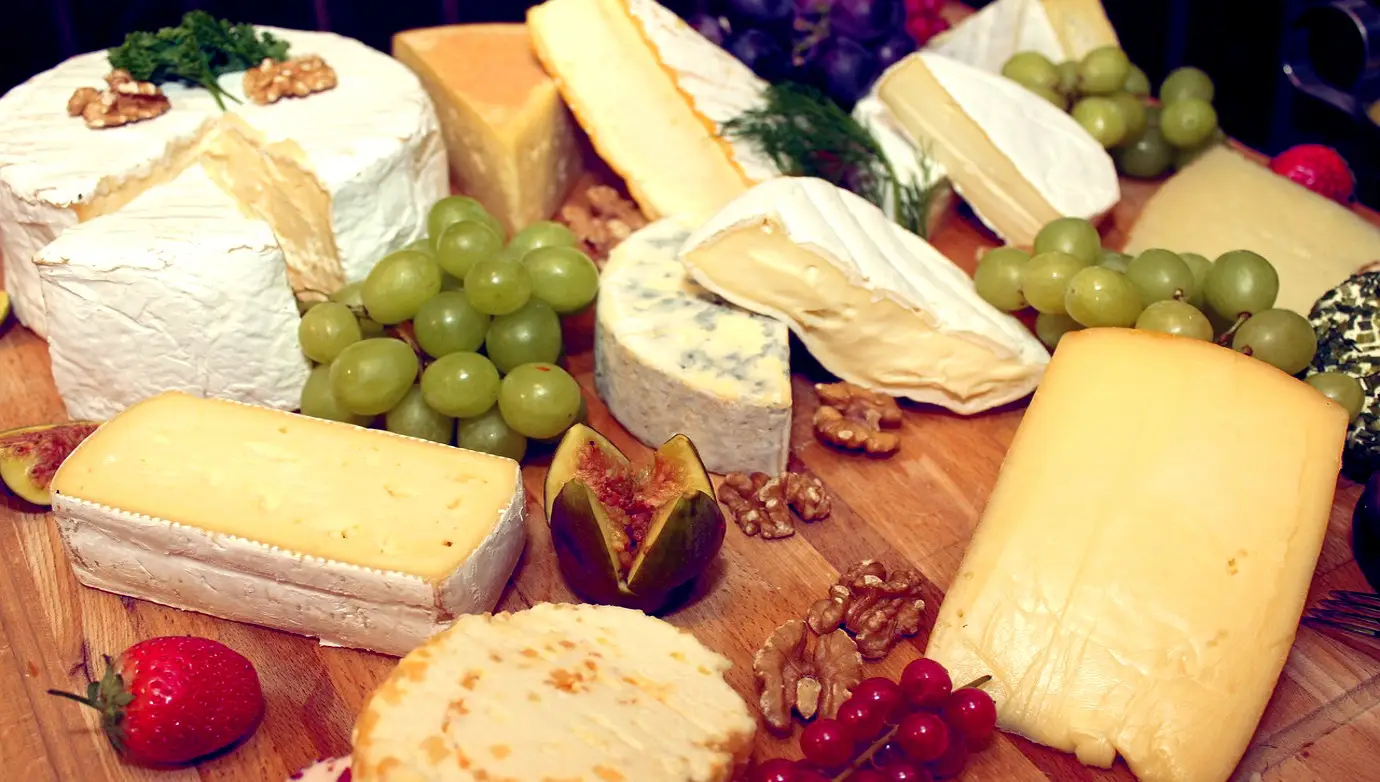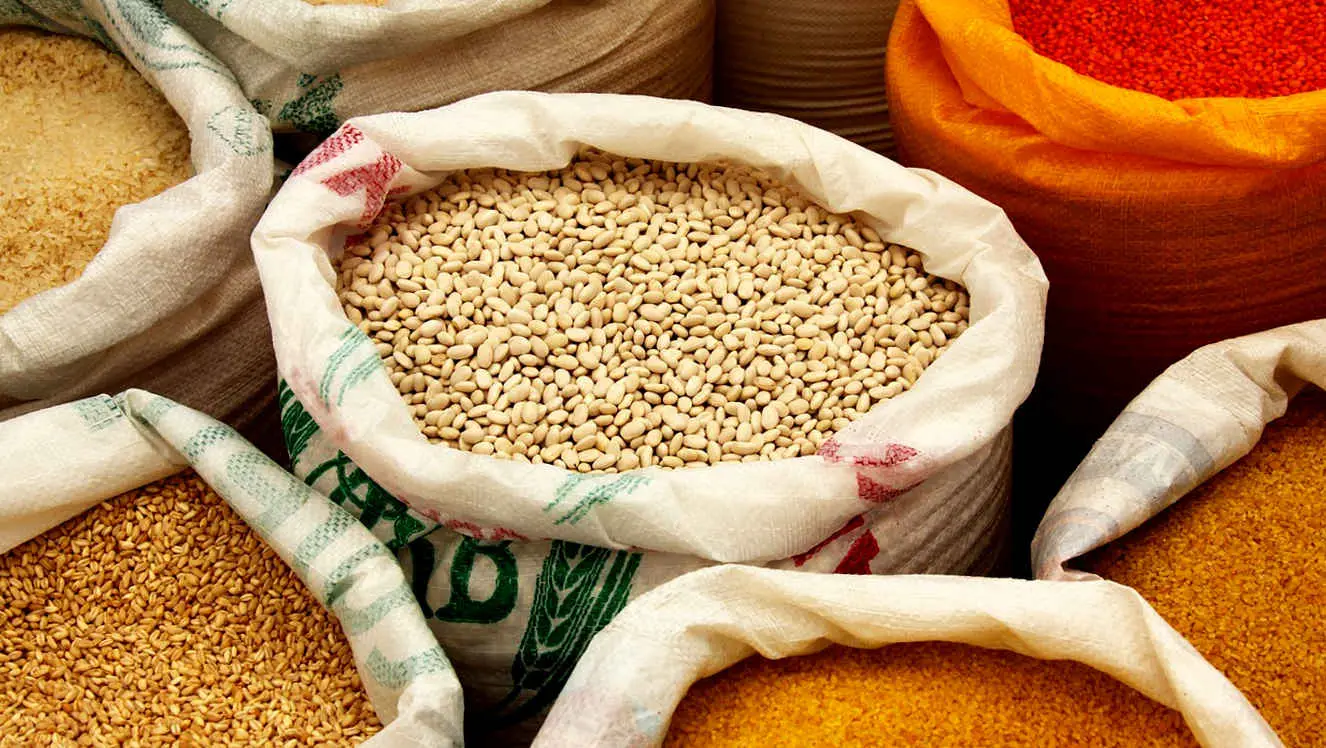Kale Lysine and Arginine Info Sheet
Overview
Kale is a leafy green vegetable that belongs to the cabbage family.It can be eaten raw, cooked, or juiced and is considered a superfood praised for its health benefits and packed with nutrition.
Kale is low in calories, but high in vitamin A, vitamin C, vitamin K, iron, and calcium.
It also contains some glucosinolates, flavonoids, and carotenoids that may have anticancer, anti-inflammatory, and antioxidant effects.
| Name | Lysine (mg/100g) | Arginine (mg/100g) | Ratio |
|---|---|---|---|
| Kale | 132mg | 123mg | 1.073 |
Kale contains 132mg of Lysine and 123mg of Arginine per 100g of product.
This means Kale has a neutral Lysine-Arginine ratio of 1.073.
Because Kale has a neutral ratio of lysine and arginine, it does not have a significant impact on people who suffer from herpes, as it does not affect the viral activity.
Lysine Considerations
Kale is a good source of lysine, as it provides about 26% of the RDI per 100 grams.
Lysine is an essential amino acid that is important for collagen synthesis, immune function, and calcium absorption.
It is one of the nine amino acids that the human body cannot make by itself, so it has to come from the food we eat.
Lysine has many functions in the body, such as helping with growth, healing, energy, immunity, and collagen production.
Lysine may also have some effects on the herpes virus, which causes cold sores and genital sores.
Studies have suggested that taking lysine supplements or applying lysine cream may help prevent or treat these infections by blocking the amino acid arginine, which the virus needs to grow.
Arginine Considerations
Kale is a good source of arginine, as it provides about 102% of the RDI per 100 grams.
Arginine is a semi-essential amino acid that is involved in nitric oxide production, wound healing, and urea cycle.
Arginine has different functions in the body, including wound healing, helping the kidneys remove waste products from the body, and maintaining immune and hormone function.
Arginine also plays a role in the replication of the herpes virus, making it a key factor in cold sore outbreaks.
The herpes virus requires arginine to grow, replicate, and create new herpes viruses.
Foods high in arginine, such as nuts and chocolate, may increase the frequency and severity of these outbreaks.
Lysine-Arginine Ratio
Kale has a high lysine-arginine ratio, which means that it may be beneficial for people who have herpes simplex virus (HSV) infections.
HSV requires arginine for replication, and lysine may inhibit its growth.
Therefore, foods with a high lysine-arginine ratio like kale may help prevent or reduce HSV outbreaks.
Both lysine and arginine are essential for protein synthesis and various other bodily functions.
They, however, have opposing effects on the herpes simplex virus, which causes cold sores and genital herpes.
Lysine can stunt the replication of the virus, whereas arginine can stimulate it.
Thus, a diet rich in foods with a high lysine to arginine ratio may help reduce the occurrence and severity of herpes outbreaks.
Foods that have a high lysine-arginine ratio include dairy products products, fish, poultry, fruits, and vegetables.
These foods can provide the body with enough lysine to compete with arginine and inhibit the virus from replicating and causing flare ups.
Dietary Considerations
Dark leafy greens are a type of vegetable that is generally rich in in fiber, calcium, iron, and vitamin K.
Dark leafy greens are a great source of both lysine and arginine, but the amount is almost equal.
This means that dark leafy greens have a balanced ratio of lysine to arginine, which makes them neither beneficial nor harmful for people with herpes.
Dark leafy greens can be eaten raw, cooked, or blended in smoothies.
Some examples of healthy dark leafy greens you should add to your diet are spinach, kale, collard greens, and Swiss chard.
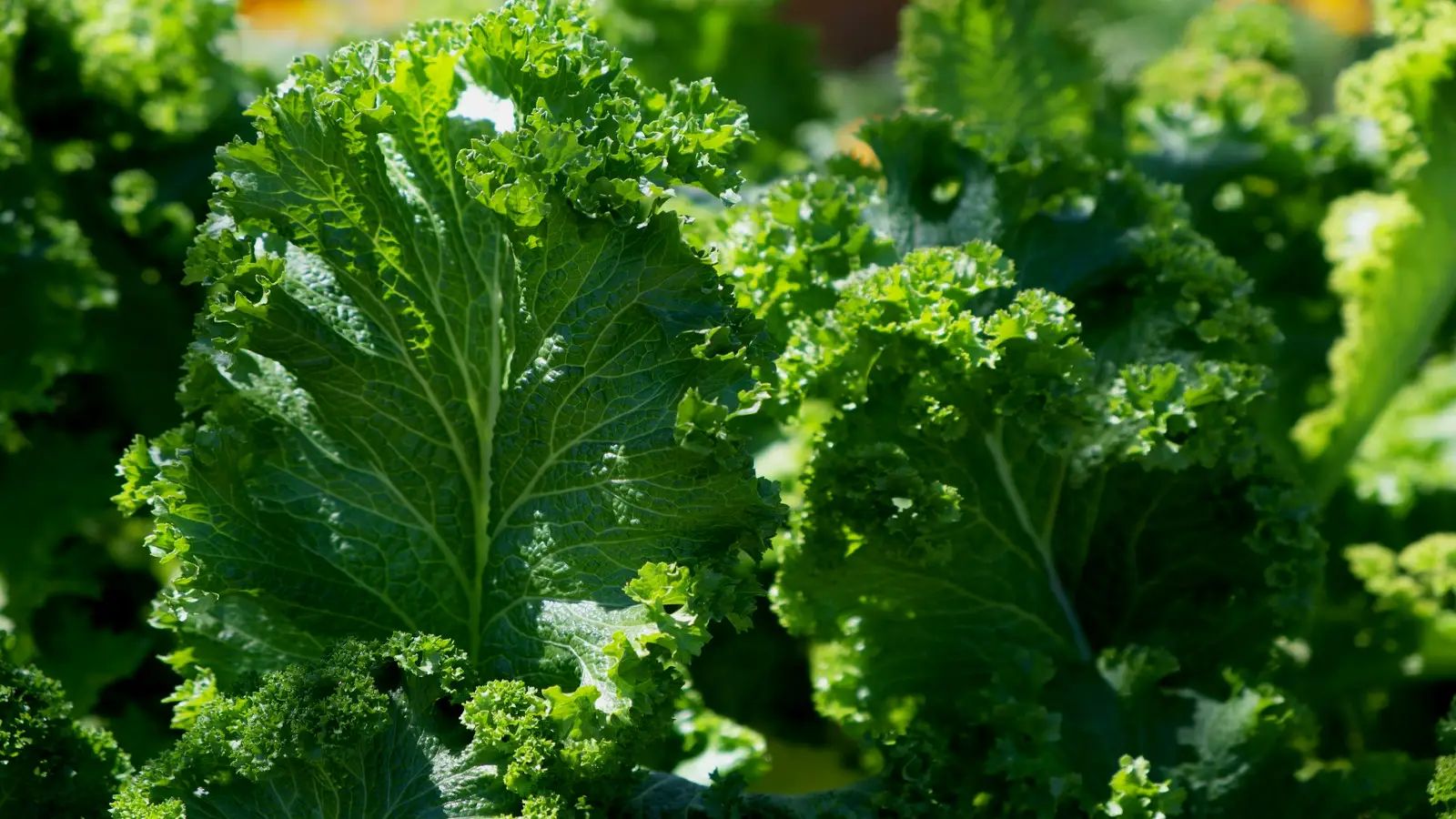
For example:
A diverse and nutritious diet that supports your immune system and fights inflammation is essential.
This means you should eat lots of fruits, vegetables, whole grains, lean protein, and healthy fats, and steer clear of processed foods, added sugars, alcohol, and caffeine, which can harm your health.
Drinking enough water to keep yourself hydrated and remove toxins from your body.
Water can also help prevent dryness and irritation of the skin and mucous membranes, which can result in fewer outbreaks.
You may want to take l-lysine supplements.
L-lysine is known to prevent herpes outbreaks and it can help stop a cold sore in its initial stages by "starving" the virus of arginine before it has a chance to cause a cold sore.
Taking other food supplements that can improve your immunity and protect your cells from oxidative stress, such as vitamin C, zinc, selenium, and antioxidants.
To prevent outbreaks, avoid foods that can cause allergic reactions or sensitivities, such as gluten, dairy, nuts, eggs, or shellfish.
These foods can harm your immune system and make inflammation worse.
Try eating foods that can enhance your immune system and reduce inflammation to avoid outbreaks.
Some of these foods are honey, yogurt, aloe vera, and chamomile.
They can also help you with your symptoms by easing pain, swelling, and itching, and accelerating your recovery.
Check more food information
